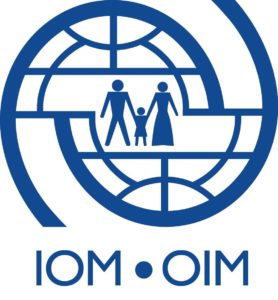overview
Who We Are.
AfriPride Sanitary Pad is a hybrid social enterprise by RECFAM that produce and distribute affordable, high-quality, environmental friendly sanitary napkins while simultaneously raising awareness to destigmatize menstruation and education on menstrual hygiene management.
Through the AfriPride Sanitary Pad Initiative, we endeavor to break the silence around the issue of Menstrual Hygiene, stigmatization and provide knowledge and guidance to all stakeholders, especially girls and women in rural areas.







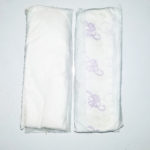

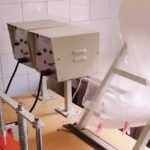

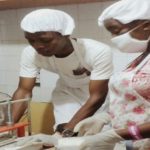
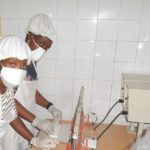
What We Do.
The Problem
Due to lack of affordable menstrual products, stigmatization and cultural beliefs surrounding menstruation and menstrual education in rural areas of Ghana, school girls miss on average 5 days of school every month, which is the root cause of gender inequality, child and early forced marriage among others. Access to quality, inexpensive, disposable, biodegradable pads does not currently exist. The imported sanitary pads are less eco-friendly, too costly for rural folks and target city dwellers and inaccessible to rural areas.
Revolutionary Product
AfriPride sanitary pads are made from local banana and plantain fiber, which hitherto was agricultural waste. The production of the sanitary pads accomplish menstrual hygiene education and campaign to destigmatize menstruation. Enabling girls to continue to attend school during menstruation by providing them access to affordable products and educational programmes, which was inhibitive. Women are integrated into the whole value chain, receiving training and income opportunities.
Women Empowerment
It is a philosophy that empowers women at every step in the process through job creation, education and social entrepreneurship. Women are integrated into the whole value chain from raw material production to manufacturing and distribution - livelihood empowerment. It is a social enterprise that is sustainable, innovative and supporting women livelihood empowerment as well as creating opportunity for replication in any part of the country and other African countries


IMPACT
Contribution to Sustainable Development Goals (SDGs)
Social Impacts
The initiative is enabling school going girls to have access to affordable, organic, biodegradable and hygienic sanitary products to continue to attend school during menstruation, pervert them from child and early forced marriage, teenage pregnancy, parent from ignorantly giving girls out to traffickers to take them to cities (rural-urban migration/trafficking) where they are exploited, and promote gender equality. Menstrual hygiene education and campaigning against menstrual stigmatization improve the health and educational outcomes of girls and women. Women are integrated in the whole value chain, receiving training and income opportunities.
Economic Impact
Creating employment for female farmers in the extraction of fiber in rural communities and production facility. Women extracting banana and plantain fiber in communities are economically empowered and provide sustainable livelihoods to their families. Cultivation of more banana and plantain for reverse logistic and intercropping farming in banana/plantain farms is creating Income Generated Activities (IGA) for women to improve household income in communities. Benefits goes back to the villages where the confluence of education and work related to the product improve success.
Environmental Impact
Reducing environmental pollution through the production of organic and biodegradable products and packaging. Ensuring the production of consistently high-quality and environmentally friendly sanitary pads by maintaining a state-of-the-art, yet cost-efficient and laboratory. Replacing chemical fertilizer that is bad for the soil and environment with organic fertilizers from the waste products from the fiber extraction to ensure long term environmental and soil sustainability. Planting of banana, plantain, intercropping, and nitrogen fixing plants will absorb co2 and releases o2. Education on disposing of used pads complements the distribution of the pads.
Reviews & Remarks
Director's Remark



